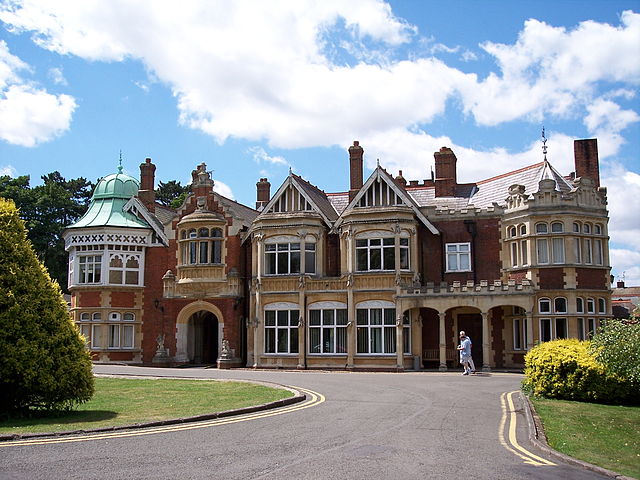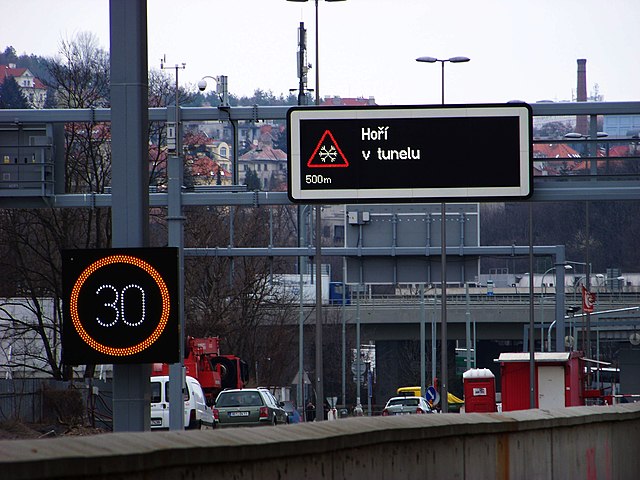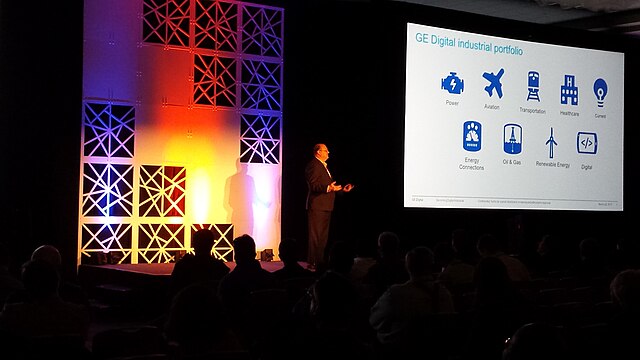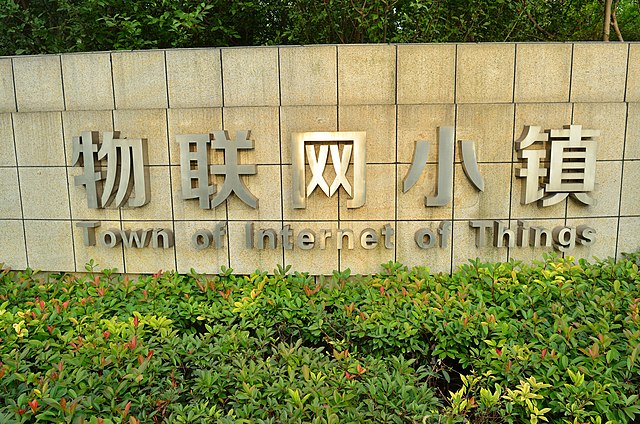A smart city is a technologically modern urban area that uses different types of electronic methods and sensors to collect specific data. Information gained from that data is used to manage assets, resources and services efficiently; in return, that data is used to improve operations across the city. This includes data collected from citizens, devices, buildings and assets that is processed and analyzed to monitor and manage traffic and transportation systems, power plants, utilities, urban forestry, water supply networks, waste, criminal investigations, information systems, schools, libraries, hospitals, and other community services. Smart cities are defined as smart both in the ways in which their governments harness technology as well as in how they monitor, analyze, plan, and govern the city. In smart cities, the sharing of data is not limited to the city itself but also includes businesses, citizens and other third parties that can benefit from various uses of that data. Sharing data from different systems and sectors creates opportunities for increased understanding and economic benefits.
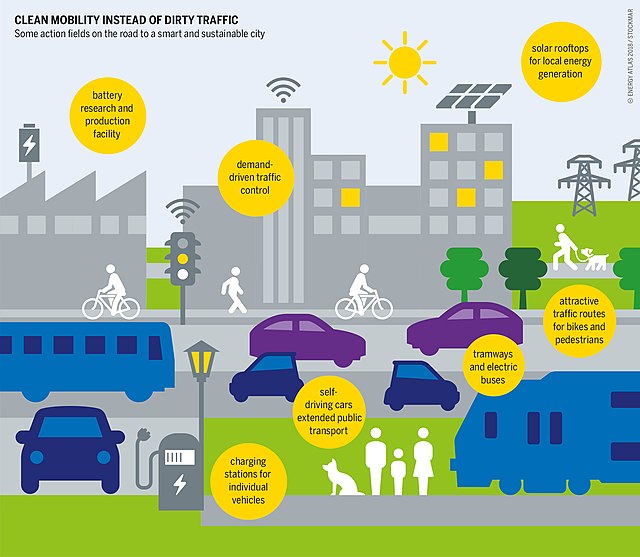
Possible scenario of smart and sustainable mobility
Bletchley Park is often considered to be the first smart community.
The Internet of things (IoT) describes devices with sensors, processing ability, software and other technologies that connect and exchange data with other devices and systems over the Internet or other communications networks. The Internet of things encompasses electronics, communication, and computer science engineering. "Internet of things" has been considered a misnomer because devices do not need to be connected to the public internet; they only need to be connected to a network and be individually addressable.
Digital variable speed-limit sign
GE Digital CEO William Ruh speaking about GE's attempts to gain a foothold in the market for IoT services at the first IEEE Computer Society TechIgnite conference
Town of Internet of Things in Hangzhou, China


